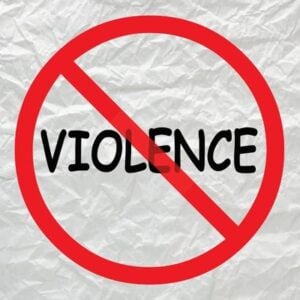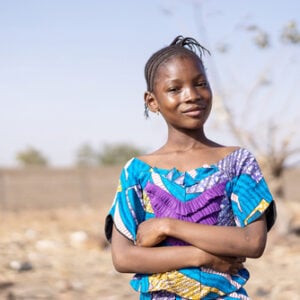A new generation of Jordanian women is entering politics, driven by grassroots activism and substantial national reforms, many of which are supported by UN Women initiatives. Advocates like Yusra Al-Kharisha emphasize the need for women to see themselves in leadership roles beyond the home, including in Parliament and education.
Over the past five years, Jordan has enacted significant legal changes to encourage women’s political engagement. These reforms have led to women winning nearly 20% of parliamentary seats in 2024, up from less than 14% previously. UN Women spoke with prominent figures such as Al-Kharisha and Jameeleh Kassab to understand how these changes are unfolding across the country.
The legislative updates include the Elections Law of 2022, which raised the female quota in Parliament and prioritized women and youth on local party lists; the Political Parties Law of 2022, mandating women comprise at least 20% of founding members; and the Local Administration Law of 2021, increasing women’s representation in councils to 25%. These legal reforms are creating space for women to lead, but both Al-Kharisha and Kassab emphasize that systemic change also requires shifting societal attitudes and empowering everyday women to recognize their role in shaping the nation.
UN Women has been collaborating with civil society organizations, the Government of Jordan, and the Independent Election Commission (IEC) to implement awareness campaigns like “Our Shared Responsibility,” which mobilizes influencers and community dialogues to promote women’s political participation. The IEC itself is now seeing historic milestones, such as appointing its first female national committee leader and increasing the number of women heading local committees.
While legal reforms are foundational, cultural and practical barriers remain. Kassab notes that many still believe politics is not for women, and the absence of training, digital skills, and role models compounds the problem. She shared her own journey—from initial hesitation to becoming a confident leader in the IEC—thanks in part to a UN Women scholarship program that offers academic and leadership training to aspiring women leaders.
These scholarships, supported by the EU and Italian Government, have enabled 20 women to pursue master’s degrees at the University of Jordan. The program equips women with both theoretical knowledge and practical tools to lead political change.
Both Kassab and Al-Kharisha are hopeful about the future. Kassab sees herself as a role model for her children and students, hoping her example encourages more women to step into public life. Al-Kharisha urges voters to support capable female candidates and affirms her readiness to run for office if the opportunity arises.
In her final message, Al-Kharisha calls on women to reject limiting stereotypes and step confidently into leadership. UN Women reinforces this call, reminding the global community that now is the time to act, protect progress, and uplift local women leaders to create lasting change.







